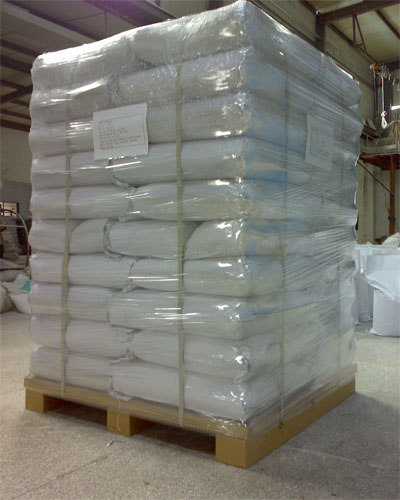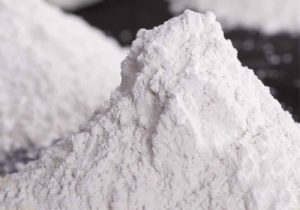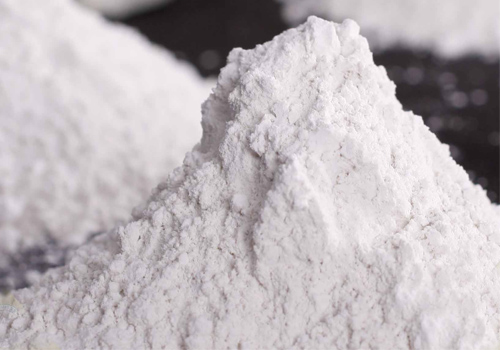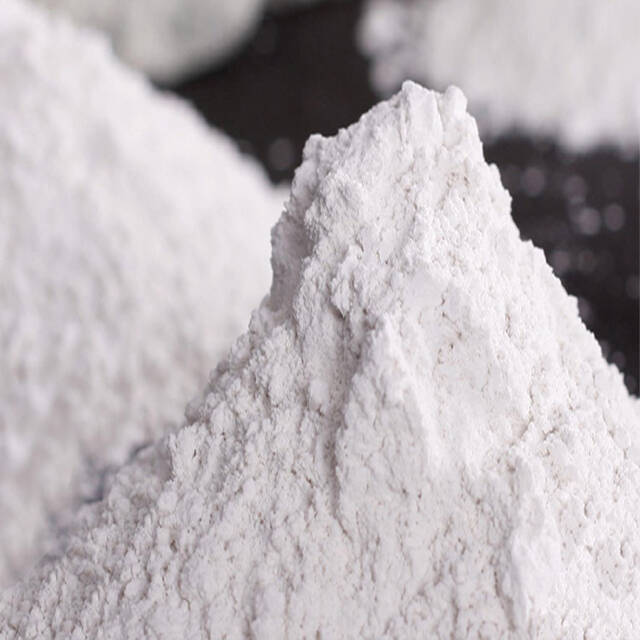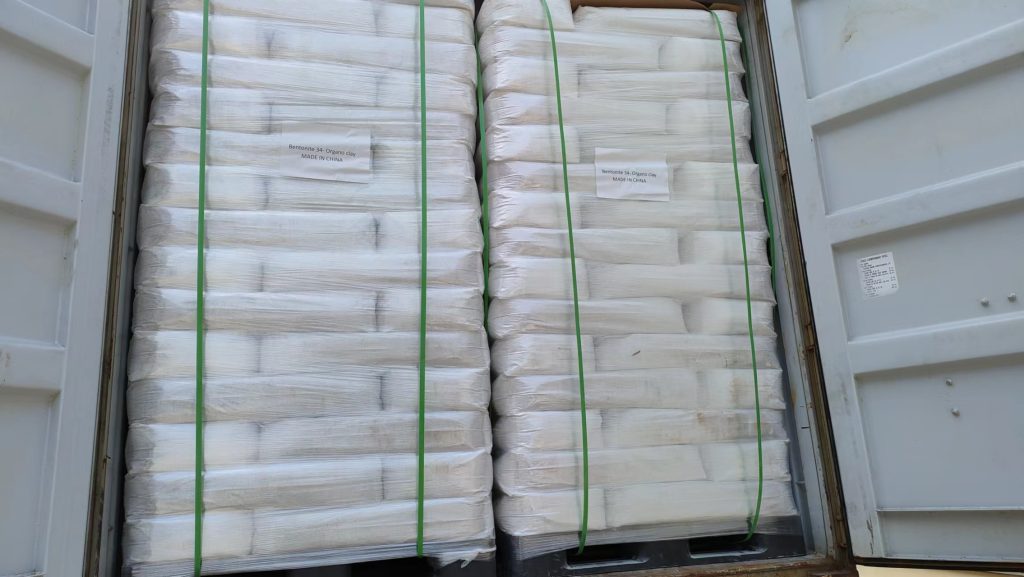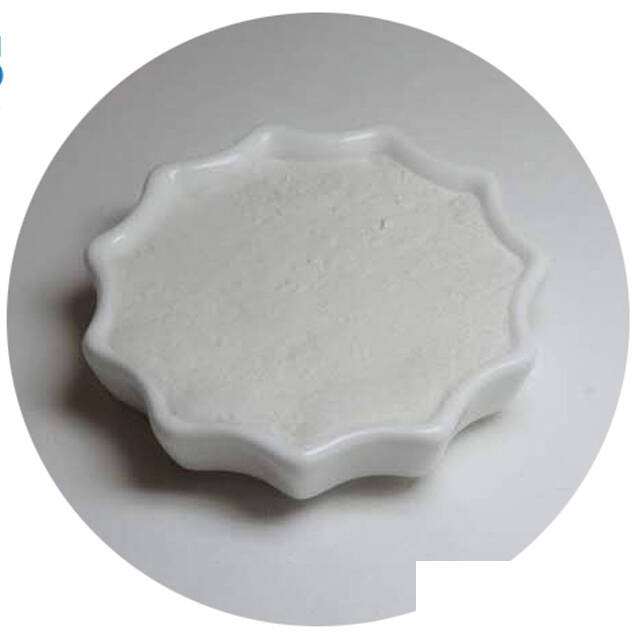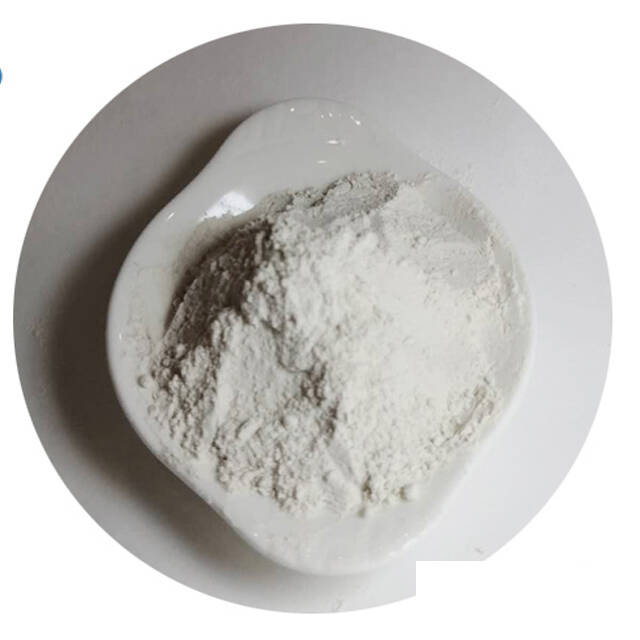How does a rheology modifier work
How does a Rheology Modifier Work
How does a Rheology Modifier Work
How does a Rheology Modifier Work?
To establish whether an organoclay is an anti-settling agent, consider the organophilic clay’s function in paint. It can be composed of various substances, including modified bentonite. Organoclay are also common anti-settling agents.
To establish whether an organoclay is an anti-settling agent, consider the organophilic clay’s function in paint. It can be composed of various substances, including modified bentonite. Organoclay are also common anti-settling agents.
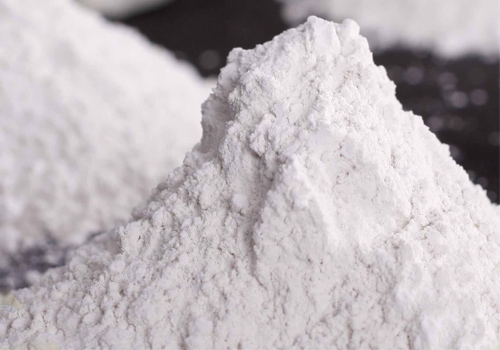
How does a Rheology Modifier Work
Organo bentonite is a naturally occurring clay that improves paintings’ rheological properties and prevents pigment deposition.
Typically, it is used as either a pre-gel or a powder to paints.
Both techniques improve the effectiveness of the anti-settling agent.
Organo bentonite is used in a variety of industries.
Organo bentonite in its original form was used to stabilize solvent-based paints.
Nonetheless, this chemical is also used in water-based paints.
Organo bentonite improves the anti-settling performance of paints by supplying a strong thixotropic property and an exceptional thickening function.
Additionally, it prevents pigment and filler from settling.
As an anti-settling agent in solvent-based paint systems, CP-40 is a bentonite derivative that is organophilic.
Due to its capacity to create a card-house-like structure in water, organo bentonite can be used as an anti-settling ingredient in paint.
For best effectiveness, activation is required.
Bentonite’s thixotropic gel structure is the result of weak hydrogen interactions between its molecules.
To ensure optimal efficiency, organobentonite must undergo complete platelet separation.
In the manufacture of paint, an organic bentonite anti-settlement agent is employed.
In addition, it does not cause the pigment to harden, change color, or disperse.
Additionally, it prevents baking sagging and is an ideal solution for paintings requiring high-quality coatings.
The chemical compound is readily available to producers.
In actuality, it is a rheological agent of significant importance.
Over fifty percent of the global market for organo-modified bentonite is controlled by a handful of corporations.
Some of these participants are creating their own specialized markets for the additive’s numerous applications.
In addition, many of them have strategic relationships with suppliers and distributors of raw materials.
Numerous sectors utilize organo-modified bentonite, including water treatment and cosmetics.
Organo bentonite is also applied in drilling fluids for oil and gas.
These compounds minimize sedimentation in oil and gas fields and improve adhesion and durability.
Numerous companies are presently investing in R&D to create new, effective organo-bentonites.
Moreover, numerous companies are acquiring local businesses in order to enter the market.
This creates a substantial expansion opportunity for the organomodified bentonite sector.
Organic bentonite clay is reasonably priced.
Prices per kilogram range from $1.50 to over $3.20.
The usual price of this clay varies depending on its purity, processing, and extraction method.
Nonetheless, it is essential to remember that organo bentonite is available at a price that is competitive with other clays used in the paint business.
The agent opposing settlement at Camp Shinning
Camp Sinning, a renowned manufacturer of organoclay anti-settling agent in China, has extensive knowledge of the paint and coatings industry. Its production methods and quality control are consistent with international standards. Its anti-settlement component is highly regarded by paint manufacturers worldwide. Even after long-term storage, its strong anti-settling capability prevents pigment from settling. In addition, Camp Sinning’s anti-settling agent has no effect on the color or film of the paint.
The anti-settling agent for solvent-based paints sold by Camp Shinning has a 24-month shelf life and must be stored according to the manufacturer’s instructions. It is derived from bentonite clay and bears the CAS number 68953-58-2. It is utilized to improve the leveling properties of paints and minimize the sagging caused by baking.
Bentonite clay, which is utilized in the production of paint, is an effective anti-settling agent. It improves the rheological properties of paints, preventing the sedimentation of pigments. Bentonite can be added directly or as a pre-gel to paints. The second approach is more effective for anti-settling chemicals. Bentonite clay is widely used in paints that are water-based.
Anti-settling agents are chemical compounds that create a physical network within the paint.
The purpose of this network is to prevent sedimentation and settle.
The physical network must be sturdy enough to withstand gravitational forces during storage, but fragile enough to break under shear stress.
Organoclay is a type of anti-settling agent, which is a solid that creates a physical network within a material when shear stress is low.
How does a Rheology Modifier Work

